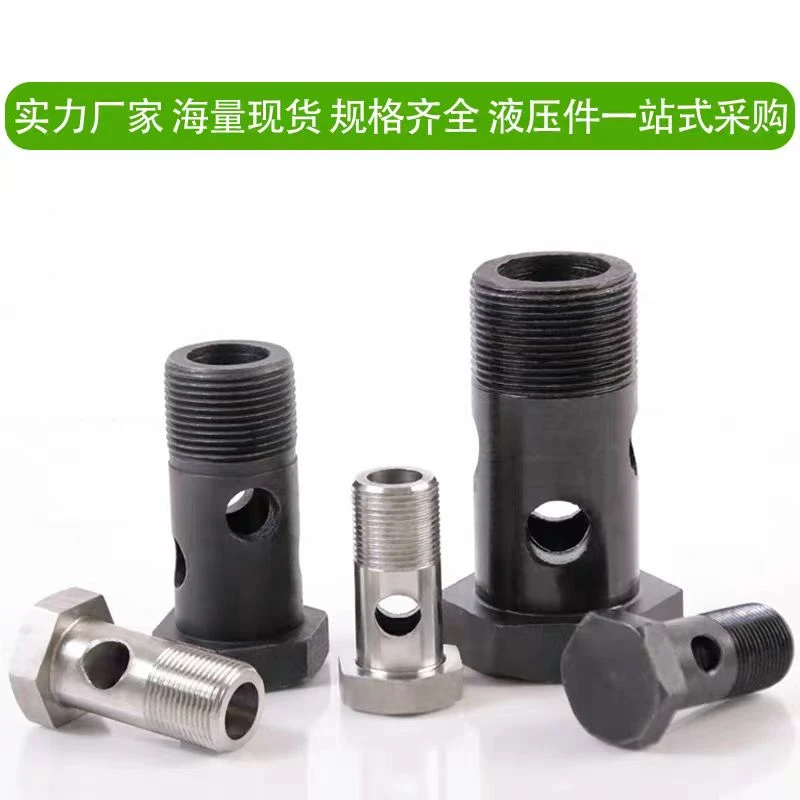

Efficient Solutions for Fastening in Concrete Applications
Oct . 21, 2024 10:19 Back to list
Efficient Solutions for Fastening in Concrete Applications
Understanding Concrete Fasteners Essential Tools for Construction and Design
Concrete fasteners are crucial components in the construction and design industries, providing the means to securely attach various materials to concrete surfaces. As architectural designs evolve, the need for efficient, durable fastening systems becomes increasingly important. This article explores the different types of concrete fasteners, their applications, and best practices for installation.
Types of Concrete Fasteners
1. Anchors Concrete anchors are versatile and commonly used fasteners. There are several types of anchors, including
- Expansion Anchors These anchors expand as the fastener is tightened, gripping the sides of the pre-drilled hole in the concrete. They are ideal for medium to heavy loads.
- Sleeve Anchors Sleeve anchors consist of a threaded bolt encased in a sleeve that expands against the wall of the hole when installed. They are typically used for attaching fixtures such as railings or brackets.
- Wedge Anchors These anchors feature a wedge-shaped end that expands against the sides of the hole, providing a strong hold. They are suitable for heavy-duty applications, making them ideal for securing machinery or large fixtures.
- Chemical Anchors Also known as adhesive anchors, these involve injecting a resin into the drilled hole before inserting the anchor. The resin cures to create a bond that holds the anchor in place. This type is particularly useful for applications where traditional mechanical anchors may fail, such as in cracked or soft concrete.
2. Screws Concrete screws, often referred to as masonry screws, are designed specifically for fastening directly into concrete without the need for anchor systems. They have a unique thread design that allows them to create a strong hold by cutting into the concrete as they are driven in.
3. Bolts For heavy-duty applications, bolts may be used in conjunction with anchors. Typically, these are installed alongside expansion or wedge anchors to provide added security and strength, especially in structural applications.
Applications of Concrete Fasteners
Concrete fasteners are employed across various sectors, including
- Construction From residential to commercial buildings, concrete fasteners are essential for attaching structural elements, such as beams, columns, and precast panels.
concrete fasteners

- Infrastructure Fasteners play a vital role in the construction of bridges, highways, and tunnels, where safety and durability are paramount.
- Manufacturing In factory settings, concrete fasteners are used to secure machinery and fixtures to the concrete floor, ensuring stability and preventing movement.
- Home Improvement DIY enthusiasts often rely on concrete fasteners for projects like installing shelving, attaching fences, or mounting heavy items, ensuring that their installations are both safe and stable.
Best Practices for Installation
Proper installation of concrete fasteners is crucial for ensuring their effectiveness and longevity
1. Select the Right Fastener Consider the load requirements and environment where the fastener will be used. The material, size, and type of fastener should correlate with the weight and nature of the item being attached.
2. Drill Properly Use the correct drill bit designed for concrete. It's important to drill a hole of the appropriate diameter and depth as specified by the fastener's manufacturer to ensure a secure fit.
3. Clean the Hole After drilling, clean any dust or debris from the hole. This step is often overlooked but is vital for achieving a strong hold.
4. Follow Manufacturer Instructions Every fastener has specific installation guidelines. Adhering to these instructions, such as the required torque for screws or the curing time for adhesive anchors, will maximize the performance of the fastener.
5. Test the Fastener After installation, check the hold by applying a light load to ensure it is secure before fully relying on it.
Conclusion
Concrete fasteners are integral to modern construction practices, providing the reliability and safety necessary for various applications. By understanding the different types available, their applications, and the best installation practices, builders and DIY enthusiasts can ensure their projects are well-supported and durable. Whether in large-scale infrastructure projects or small home improvements, the right concrete fastener can make all the difference.
Latest news
-
Hot Dip Galvanized Bolts-About LongZe|High Strength, Corrosion Resistance
NewsJul.30,2025
-
High-Strength Hot Dip Galvanized Bolts - Hebei Longze | Corrosion Resistance, Customization
NewsJul.30,2025
-
Hot Dip Galvanized Bolts-Hebei Longze|Corrosion Resistance&High Strength
NewsJul.30,2025
-
High-Strength Hot-Dip Galvanized Bolts-Hebei Longze|Corrosion Resistance&High Strength
NewsJul.30,2025
-
Hot Dip Galvanized Bolts-Hebei Longze|Corrosion Resistance&High Strength
NewsJul.30,2025
-
Hot Dip Galvanized Bolts - Hebei Longze | Corrosion Resistance, High Strength
NewsJul.30,2025

